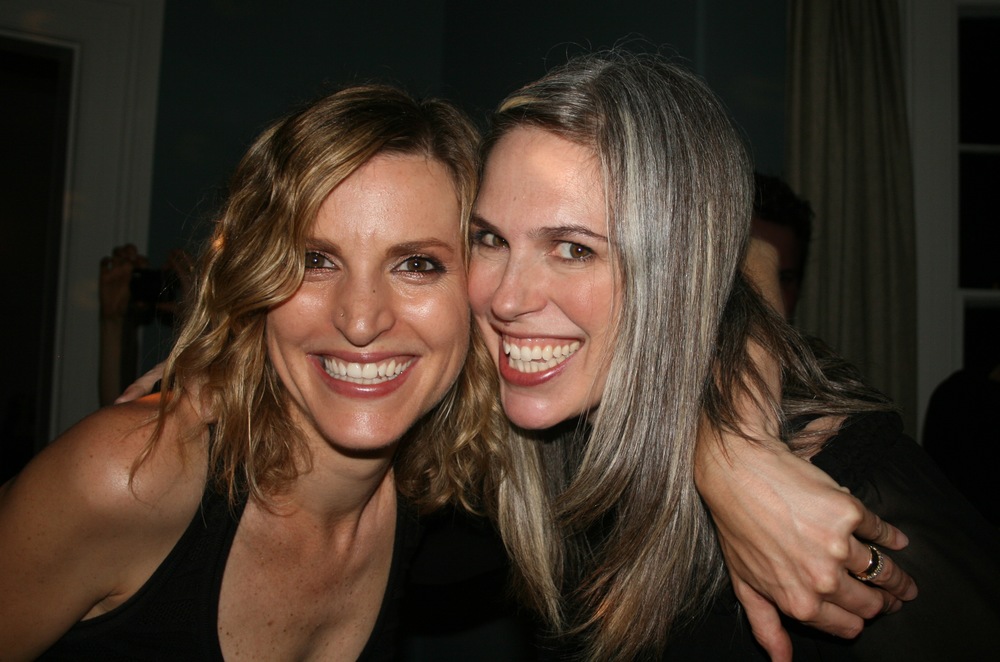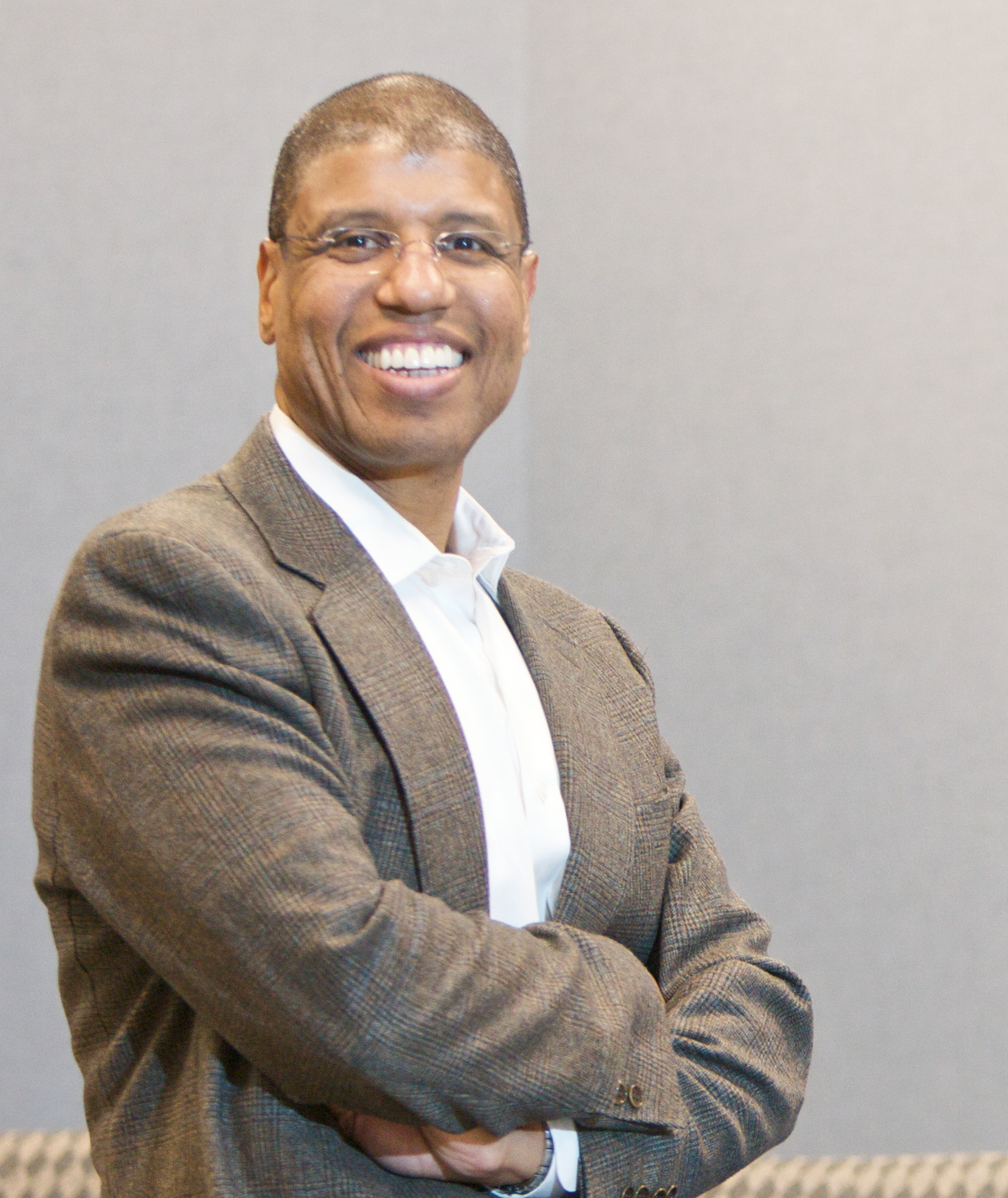Episode 22: The Mean Girls edition
/July 8, 2013
 A decidedly un-mean Michelle Villalobos
A decidedly un-mean Michelle Villalobos
When I started The Broad Experience I never intended to do a show about how nasty women can be to eachother at work. The whole topic seemed to perpetuate negative stereotypes, plus, wasn't it already covered breathlessly in magazine articles onine and off? But after writing a post that defended female bosses, I heard from a listener who'd read it. She said she'd had nothing but bad experiences with women supervisors at work. She had eventually left that profession entirely (academia), and told me there were just too few women at the top, and the ones there were, were fiercely - and nastily - competitive with one another, and with more junior colleagues like her. There's also quite a bit of evidence (see below) that women at least perceive that they're being treated badly by other women at the office.

So here it is - the Mean Girls edition of The Broad Experience. As usual, we dig deeply into this topic (including a discussion on the evolutionary origins of female competition) rather than skim the surface and repeat the same old clichés. I interviewed Miaimi businesswoman Michelle Villalobos (above), author of The Stiletto in your Back - the Good Girls' Guide to Backstabbers, Bullies, Gossips and Queen Bees at Work. You can listen right here or download the episode either from the SoundCloud app or from iTunes. Feel free to comment on the episode below and share it on Twitter, Facebook etc. using the 'share' button. 16 minutes.
Show notes: This Wall Street Journal piece on 'queen bee syndrome' cites quite a few interesting studies, one of which claims that 95 percent of professional women say they've been undermined by another woman at some point during their careers. This 2009 post by the Workplace Bullying Institute claims women target other women for bullying more often than men target women (we all seem more comfortable attacking our own sex). To counter all that negativity, here's a post by Catalyst CEO Ilene Lang claiming most senior women are 'fairy godmothers' rather than queen bees.








